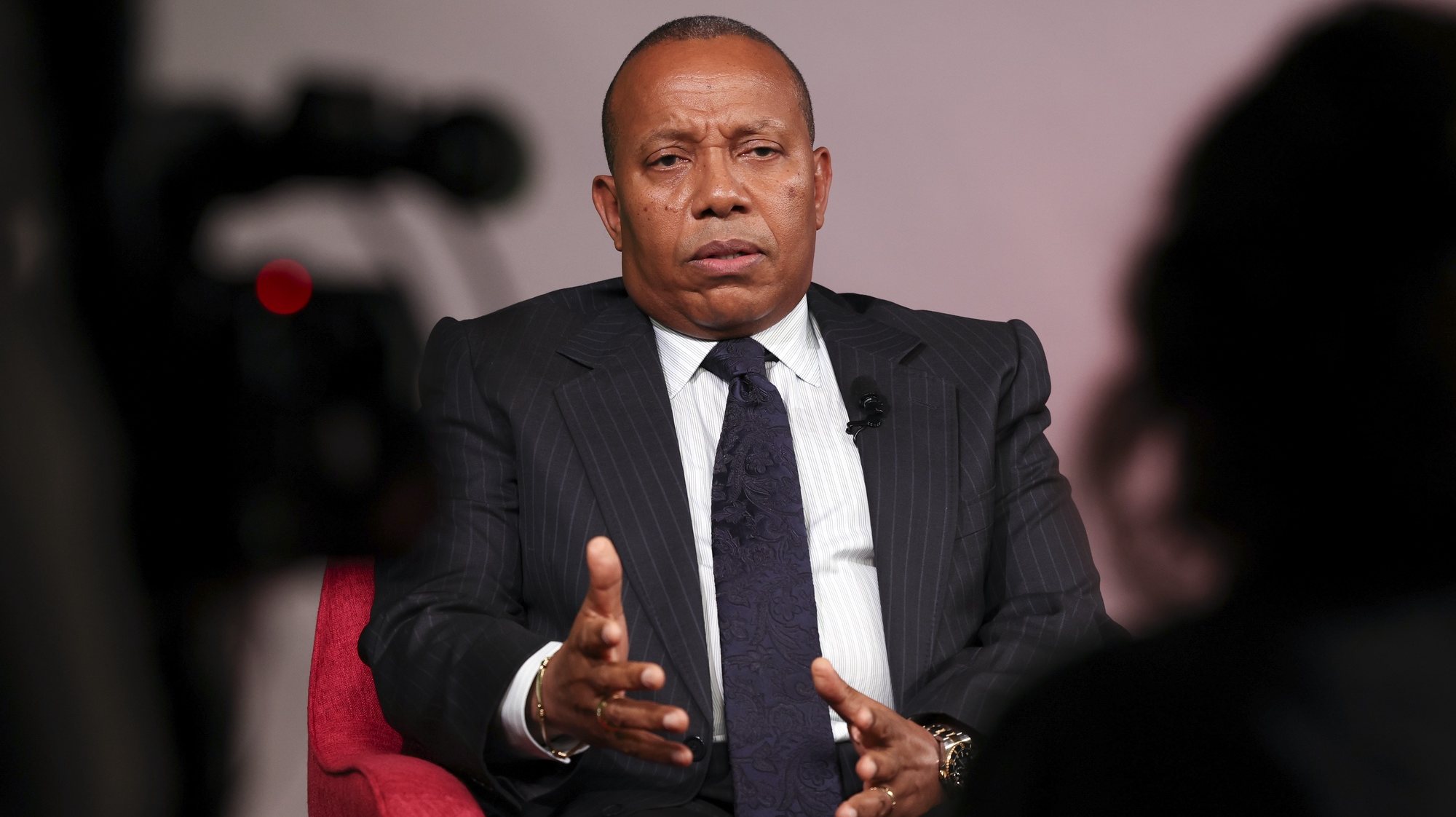Emphasizing that “the language is dynamic” and that “it is normal to make some corrections”, Patrice Trovoada defended an update of the CPLP’s spelling agreement.
This Monday, the Prime Minister of Sao Tome defended the review of the orthographic agreement of the Community of Portuguese-Speaking Countries (CPLP) to simplify and energize the Portuguese language and integrate new languages from Lusophone cultural diversity.
Questioned by Lusa about the need to correct the 1990 Orthographic Agreement, defended by the CPLP Parliamentary Assembly, pointing out that the document “continues to generate a lot of controversy and confusion” in the member states of the Portuguese-speaking organization, Patrice Trovoada stressed that “language is dynamic” and “it is normal to make some corrections”.
The Prime Minister of Sao Tome spoke on the sidelines of the solemn event commemorating the CPLP’s World Day of Portuguese Language and Culture and also maintained that “it has been well received by young people” and must be ratified by the member states of the CPLP. CPLP.
“The language that is the seed that unites us all and that is the base that we must develop is the Portuguese language, but it has to be up to date with the world, it has to be dynamic, it has to adapt, it has to adapt. be simplified, [ser] of greater ease of access and in this dynamic I believe that yes, we all have to ratify it, we have to correct it and we always have to keep in mind that language can only evolve with the contribution of everyone because in the end it is the heritage of all of us,” said the head of government of Sao Tome.
Evolution is essential, simplification is essential and we know that we will not stop there. In a few more years we will have to adapt, we will have to integrate words that also come from this diversity, which we have to assume as Portuguese words, that is why we need to see things in a dynamic way,” added the Prime Minister of São Paulo. Tomense Minister.
Patrice Trovoada said that the new school textbooks of Sao Tome and Principe that are in the review phase will already take into account the spelling agreement, but he considered that since it is an investment, The fundamental thing is the way in which everything has to be supported “to allow adaptations” because “the revision costs a lot of money”but technology will help solve the problems in this sense, but it is necessary to adapt “as quickly as possible.”
The meeting of the Parliamentary Assembly of the Community of Portuguese Language Countries (AP-CPLP), held in April in the Angolan capital, decided “by consensus that it is necessary to make rectifications to the Agreement so that it can be ratified.” soon”.
On the occasion, the president of Commission 3 — Language, Education, Science and Culture of (AP-CPLP), Paulo de Carvalho, admitted that rectifications are made as soon as possible “The executives and parliaments of the states that have not yet ratified it will do so first”.
Unifying spelling standards at the level of the Lusophone bloc is among the main objectives of this international treaty signed 33 years ago and which takes time to be ratified by all CPLP countries, which raises sociocultural issues for their respective peoples.
Angola, Brazil, Cape Verde, Guinea-Bissau, Equatorial Guinea, Mozambique, Portugal, Sao Tome and Principe and East Timor are the nine countries that make up the CPLP.
Source: Observadora
